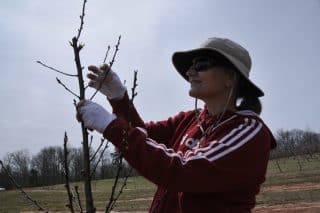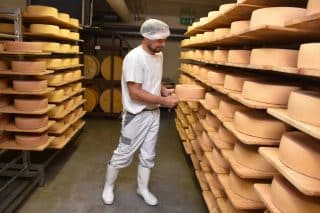As the Danish ornamental plant industry shifts with consumer tastes and global trends, the national industry association, Floradania, is helping growers expand their market at the intersection of aesthetics and health. Research shows that plants can remove harmful toxins from the air as they beautify residential and commercial environments.
Some of the eye-catching, toxin-filtering plants include Hoya retusa, Green Wave® Microsorum scolopendrium, Asplenium nidus (bird’s nest fern) and Phalaenopsis hybrid (orchid). AgriExpo e-Magazine talks with Peter Larsen, managing director at Floradania, about how such plants work and where they’re being used.
AgriExpo e-Magazine: What trends are you seeing in terms of market demands for the potted plant industry?
Peter Larsen: People are wanting more green plants, such as palm trees. That is quite popular at the moment. They want their houseplants to be sculptural in appearance. We’re also doing a campaign around plants that purify the air because plants are able to absorb a lot of toxins. In Denmark, we’re constructing many new buildings, and there is a lot of formaldehyde in those materials and volatile organic chemicals (VOCs) in the paint. It looks like both green plants and flowering plants absorb those toxins.
AgriExpo e-Magazine: How does that occur?
Peter Larsen: We’re working with the Danish Technological Institute to look into that right now. It appears that it’s not only the plant leaves that are absorbing the toxins: It’s actually the microorganisms in the dirt or potting material, which might also depend on the plant species.
AgriExpo e-Magazine: Are there commercial applications as well?
Peter Larsen: We are trying to work more with architects. For instance, in Denmark, we have green roofs and green walls. In the big hotels in Copenhagen, they have green walls in the entrances and the foyers. You see them also in one of the biggest shopping centers; they have a whole rooftop garden: Roof Garden Emporia Malmö Shopping Center. That’s not only our products, but it’s helping the industry.

Roof Garden Emporia Malmö Shopping Center
It is also helping to get young people interested. We have a campaign to encourage people ages 21 to 35 to buy more plants as they are living in the city and furnishing their apartments. Of course, they want it to be for the visual effect, but they need plants to tell a story as well. With this toxins research, we have a story to tell.






